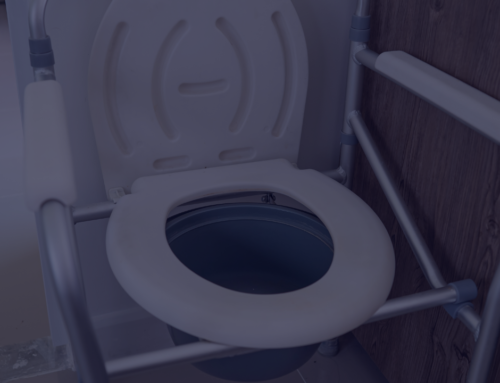Seniors experience physiological changes that influence the type of nutrition they should receive.
Caloric needs change for seniors as they have less energy expenditure. Seniors also begin to experience changes in kidney function and changes in the nervous system. They even experience perceptual changes that influence the ability to smell, hear and taste. Perceptual changes can limit a senior’s enjoyment of a meal if they cannot hear their eating partner or smell and taste the food. It is important for caregivers to pay careful attention to changes in older adults in order to prevent malnutrition.
Many seniors experience malnutrition due to gastrointestinal conditions, dental issues, poor diet, depression, limited income, alcoholism, or restrictive diets. A decrease in appetite and trouble eating may the management of proper nutrition difficult for both patient and family caregiver.
Choosemyplate.gov recommends older adults consider the following:
- Add flavor to foods with spices and herbs instead of salt and look for low-sodium packaged foods.
- Add sliced fruits and vegetable to your meals and snacks. Look for pre-sliced fruits and vegetables on sale if slicing and chopping is a challenge.
- Ask your doctor to suggest other options if the medications you take affect your appetite or change your desire to eat.
- Drink 3 cups of fat-free or low-fat milk throughout the day. If you cannot tolerate milk try small amounts of yogurt, buttermilk, hard cheese or lactose-free foods. Drink water instead of sugary drinks.
- Consume foods fortified with vitamin B12, such as fortified cereals.
Ensuring your loved-one receives proper nutrition will increase their quality of life and wellbeing. Proper nutrition can even impact a senior’s overall mood, which can make the caregiving process much easier. Management of older adult nutrition can feel daunting for caregivers. Do not hesitate to involve your loved one’s doctor in the process.
Pay attention to red flags such as weight loss, dental difficulties, and medication side effects. Home care may be the next step in managing your loved one’s nutrition.






